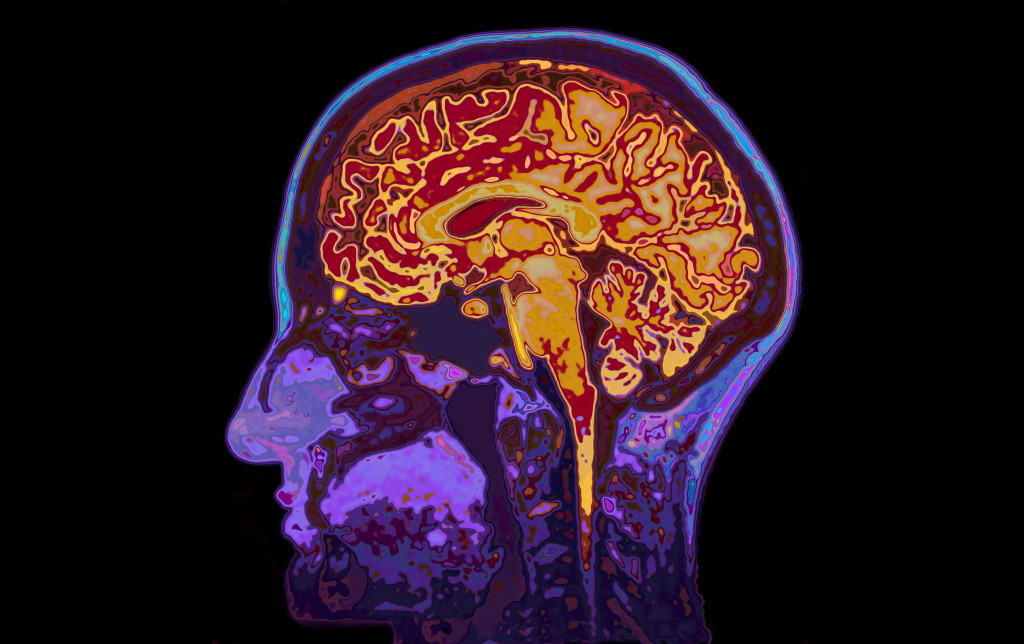- Cognition comprises mental processes like attention, memory, and reasoning; disruptions lead to cognitive disorders.
- Certain severe cognitive disorders, like Alzheimer’s and Parkinson’s, can lead to disability.
- Traumatic Brain Injury (TBI), Schizophrenia, and Huntington’s disease also cause significant cognitive impairment.
- People with cognitive disorders need professional help, patience, understanding, encouragement, and positivity.
- Proper care and support can help those with cognitive disorders lead fulfilling lives, promoting a more inclusive society.
Cognitive disorders affect an individual’s mental processes, such as thinking, perception, and memory. These disorders are usually caused by an injury, illness, or other medical conditions that affect the brain’s functionality. If left untreated, cognitive disorders can leave a person disabled. It’s essential to understand the different types of cognitive disorders to prevent and manage them. Here’s a look into what cognition is, certain disorders that are specific to it, and ways to support individuals with cognitive disorders.
Cognition and its Importance
Cognition refers to the mental action or process of acquiring knowledge and understanding through thought, experience, and senses. It includes attention, perception, memory, language, reasoning, problem-solving, decision-making, and more. These processes are vital for an individual’s overall functioning and well-being. Any disruption or impairment to these processes can lead to cognitive disorders.
Various Cognitive Disorders That Can Leave You Disabled
If severe enough, certain cognitive disorders can leave you disabled. Here are some of those disorders:

1. Alzheimer’s Disease
Alzheimer’s disease is a type of dementia that targets the brain’s neurons. It affects memory, thinking, and behavior. In its early stages, the individual may experience mild forgetfulness and confusion. As the disease progresses, the person may forget routine, and their behavior may change drastically, leading to disability. Symptoms include memory loss, difficulty communicating, loss of interest in previously enjoyed activities, and personality changes.
2. Traumatic Brain Injury
A traumatic brain injury (TBI) occurs due to a blow or jolt to the head. The impact can range from mild to severe and can result in permanent disability. A person with TBI can experience difficulty with communication, memory, and cognitive processing speed. Other symptoms of TBI include headaches, nausea, and mood changes.
3. Parkinson’s Disease
Parkinson’s disease is a progressive disorder that affects the nervous system. It affects the section of the brain that controls movement resulting in motor disturbances. People with Parkinson’s disease may experience tremors, balance issues, difficulty walking, and stiffness. Parkinson’s disease patients are also at risk of developing cognitive disorders like dementia.
4. Schizophrenia
Schizophrenia is a severe mental disorder that affects a person’s thinking, behavior, and emotions. The condition usually starts in the late adolescent years or early adulthood. Symptoms include hallucinations, delusions, and disorganized speech. Individuals with schizophrenia may struggle with communication, social interactions, and self-care.
5. Huntington’s Disease
Huntington’s disease is a genetic disorder that usually presents symptoms in adulthood. The condition affects the brain’s cells gradually, leading to impairment of physical and mental abilities. Symptoms include involuntary muscle movements, poor coordination, and challenges in cognitive abilities such as problem-solving, memory, and concentration.
Ways to Support Individuals with Cognitive Disorders
Individuals with cognitive disorders require support and understanding from their loved ones. Here are some ways to provide support:

Professional Help
It’s important to get all the help you can get when it comes to caring for individuals with such disorders. Hiring a local home service provider to give quality in-home care services can make a significant difference. They can assist with daily activities such as bathing, dressing, and meal preparation.
Patience and Understanding
Caring for individuals with cognitive disorders can be challenging at times. It’s crucial to remain patient and understanding while communicating with them. Try using simple language, visual aids, or other communication techniques that they respond well to.
Encouragement and Positivity
Individuals with cognitive disorders may face difficulty accomplishing tasks, leading to frustration and low self-esteem. It’s important to encourage and praise them for their efforts, no matter how small. Positivity can go a long way in boosting their confidence and overall well-being.
Support Groups
Lastly, joining a support group for individuals with cognitive disorders can be beneficial. It provides an opportunity to share experiences, learn from others, and offer support to one another. It’s also a safe space for caregivers to seek advice or vent their frustrations.
Cognitive disorders can affect an individual’s mental processes, leading to disability if left untreated. However, with proper understanding, support, and care, individuals with cognitive disorders can still lead fulfilling lives. So, it’s vital to educate ourselves about these disorders and be there for our loved ones who may be struggling with them. Together, we can create a more inclusive and supportive society for all individuals.

